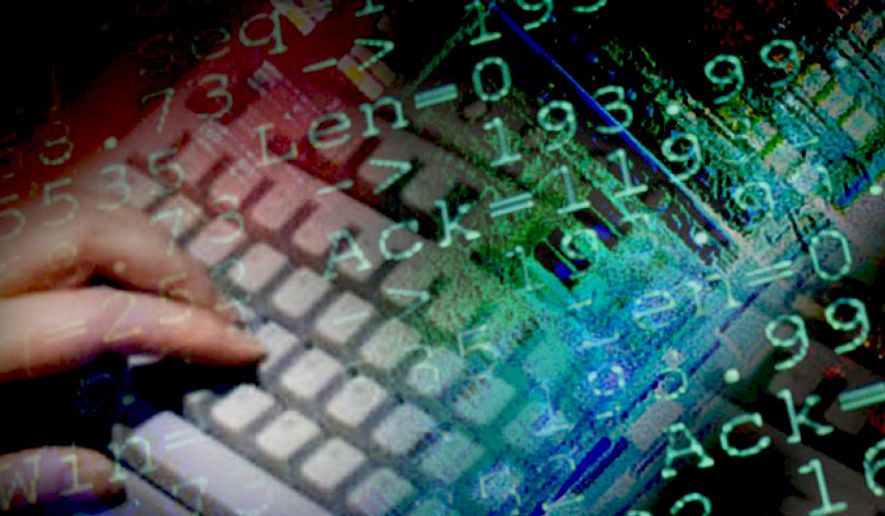President Trump faces pressure to sign his name to a bipartisan election security bill known as the Defending the Integrity of Voting Systems Act after Congress gave the legislation its final go-ahead Monday.
The House of Representatives easily passed the proposal by voice vote held on the heels of fellow lawmakers across Capitol Hill in the Senate having similarly approved the effort roughly two months earlier.
Passed with weeks left in the White House race, the bill would update the U.S. Computer Fraud and Abuse Act — the government’s main anti-hacking statute — to clearly apply to systems used in federal elections.
While existing law already prohibits accessing protected computers without authorization, the president’s signature would ensure it covers voting machines and related federal election infrastructure.
“We are on the verge of a significant, historic and really life-or-death presidential or federal elections,” Rep. Shelia Jackson Lee, California Democratic, said on the House floor before the vote was held.
Calling it “an important legislative initiative,” Ms. Lee said the bill would expand the existing law, known as the CFAA, to enhance the ability for authorities to bring charges when voting systems are hacked.
“This bill will protect our nation’s sacred most democratic process by making it a federal crime to hack any voting system used in a federal election,” said Rep. Kelly Armstrong, North Dakota Republican.
“Protecting our nation’s election process from bad actors must be a top priority of Congress,” Mr. Armstrong said in support of the bill. “It’s narrow and it does what we need it to do.”
The bill was originally introduced last year by Sen. Richard Blumenthal, Connecticut Democrat, and it was followed by companion legislation offered in the House by then-Rep. John Ratcliffe, Texas Republican.
Mr. Blumenthal reacted to the House vote Monday by urging Mr. Trump to sign the bill into law so the Department of Justice can “vigorously prosecute” and stop malicious hackers meddling in the race.
The White House did not immediately return a message requesting comment.
Millions of Americans are expected to cast ballots this fall in the White House race primarily between Republican incumbent Mr. Trump and Democratic challenger Joseph R. Biden before Election Day ends Nov. 3.
The U.S. Office of the Director of National Intelligence — led by Mr. Ratcliffe since May — assessed hackers targeted election infrastructure during the last presidential race and will do the same this fall.
Foreign hackers may try to compromise election infrastructure for a range of possible purposes, the ODNI warned last month, such as interfering with the voting process or stealing sensitive data, among others.
“However, it would be difficult for our adversaries to interfere with or manipulate voting results at scale,” the ODNI warned last month.
• Andrew Blake can be reached at ablake@washingtontimes.com.




Please read our comment policy before commenting.